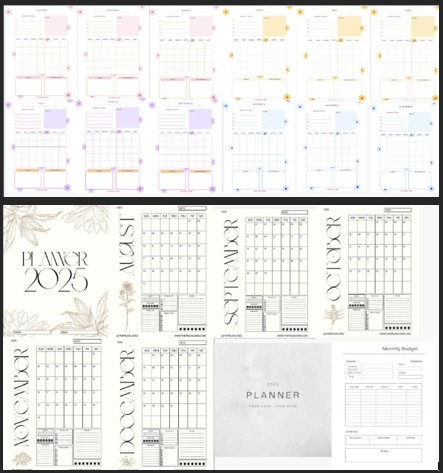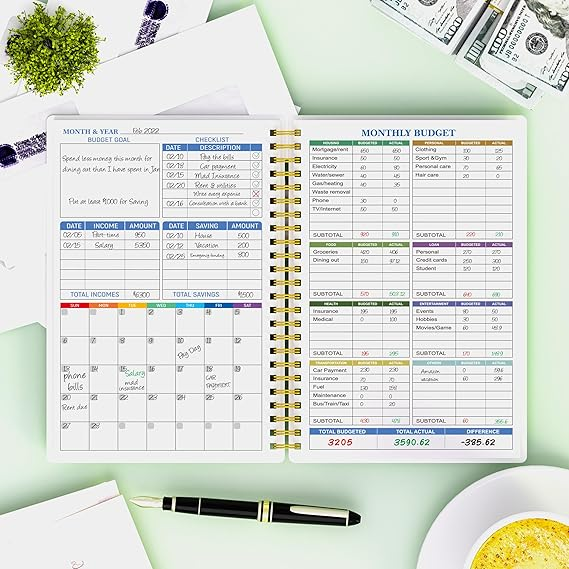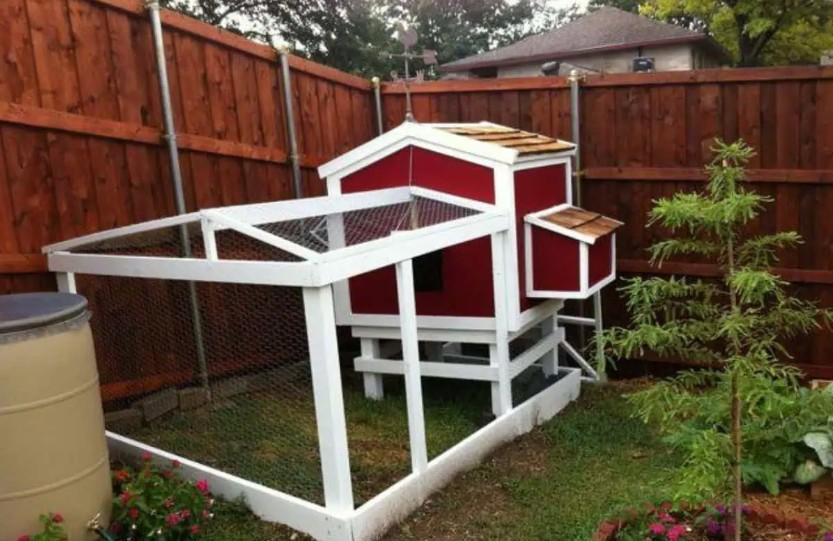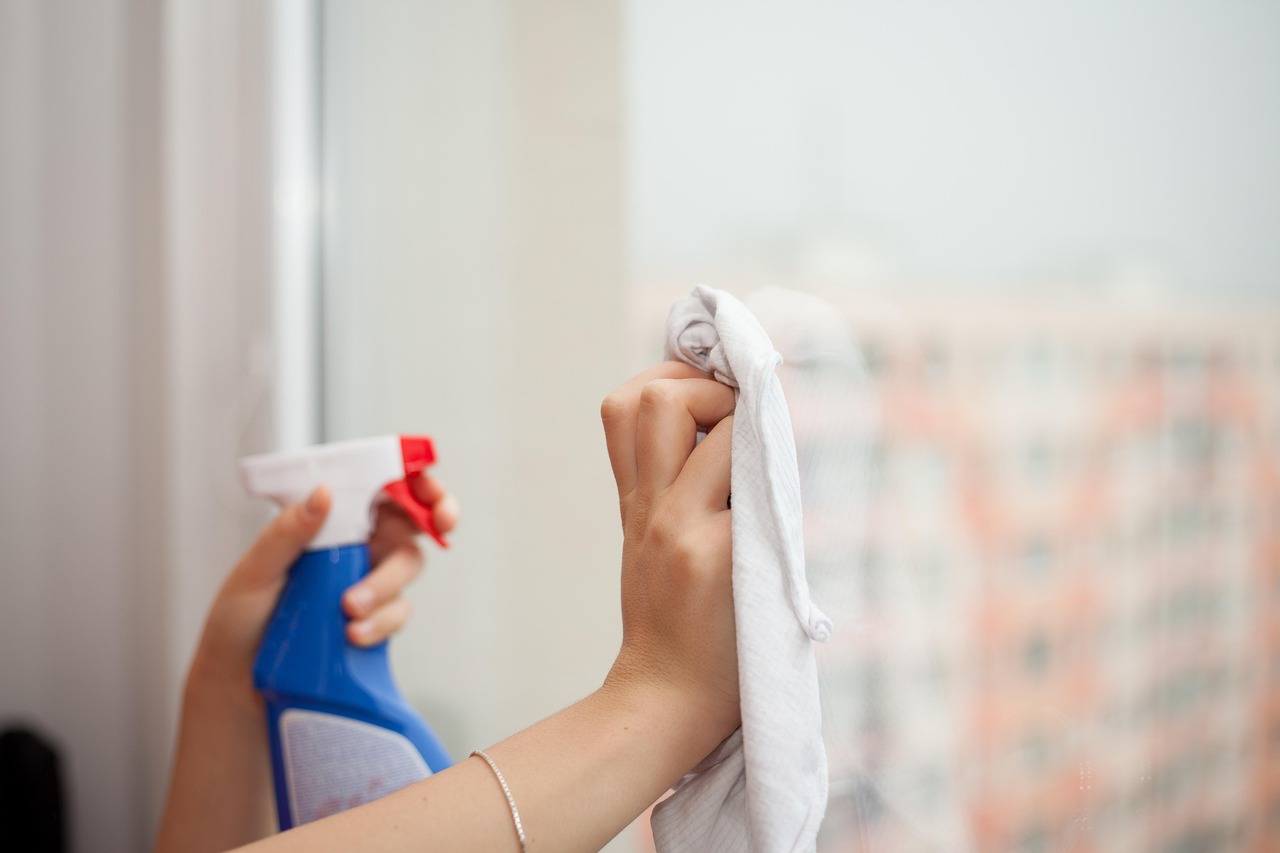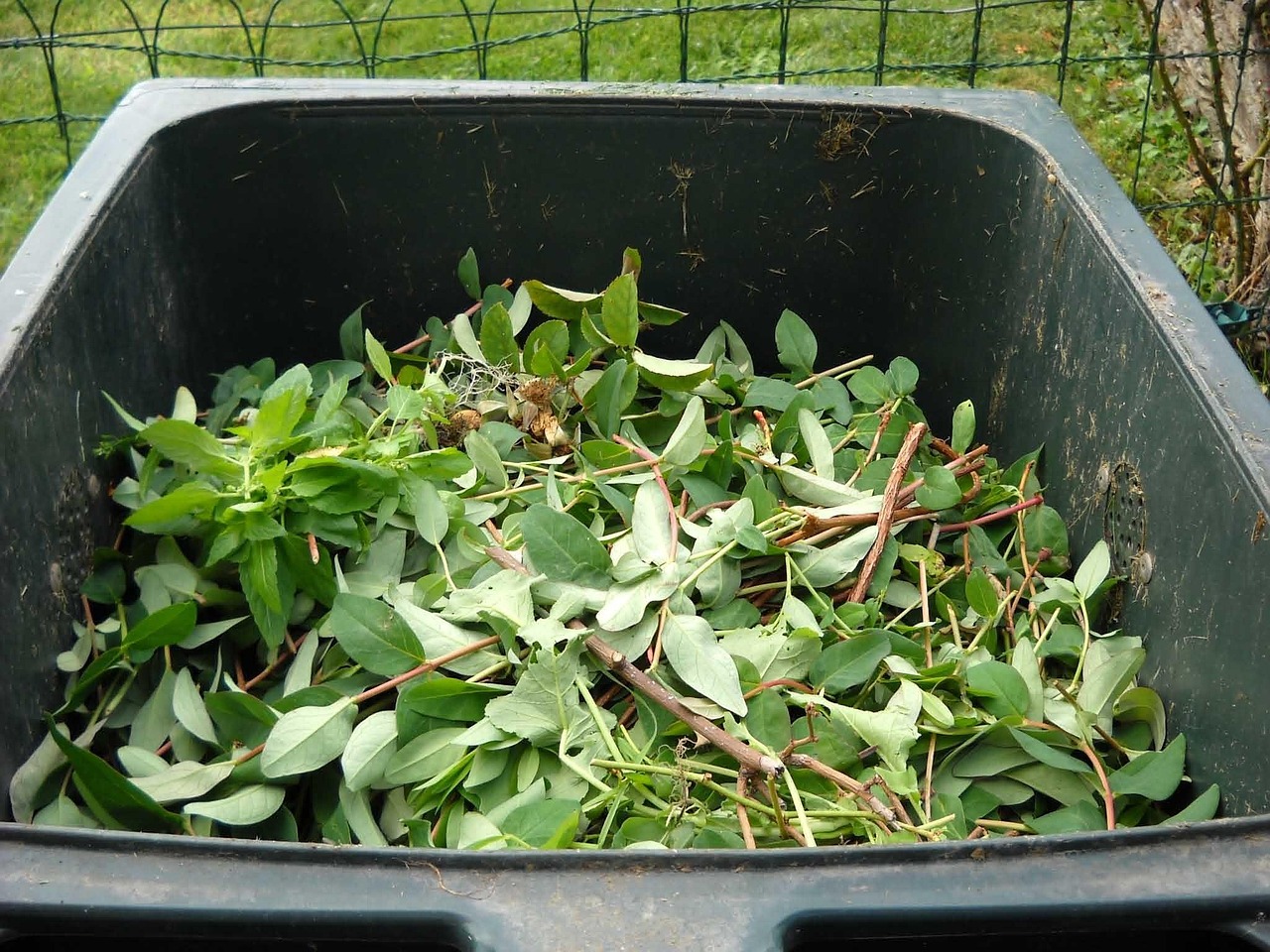Smudges. Fingerprints. The odd streak you can’t quite explain. Anyone who’s tried to keep glass doors, mirrors, or car windows spotless knows this struggle. Store-bought glass cleaners often promise perfect, crystal-clear results—but sometimes they leave behind odors or a sticky film. Plus, many of these products pack a punch of chemicals you’d rather not invite into your home. If you’ve ever wondered why your windows still look foggy after cleaning, or if you’re tired of the sharp smell from store formulas, making your own glass cleaner just makes sense.
Home recipes aren’t just cheaper. They’re also simple, customizable, and often safer for your family (and pets). Having tried a few versions myself, I can say it’s refreshing to spray something you recognize. The shine? Still just as good—if not better.

You might be skeptical. Does homemade glass cleaner really work? Why bother mixing up a batch when you could grab a bottle off the shelf? Here’s why more people are skipping the store and reaching into their cupboards instead:
- Cost Savings: Most glass cleaner recipes rely on ingredients you already own—vinegar, water, maybe a splash of rubbing alcohol. A few pennies per batch beats several dollars for a brand name bottle every time.
- Eco-Friendliness: Skip the single-use plastic and chemical cocktail. Homemade solutions can use reusable bottles (think zero waste) and avoid propellants and dyes.
- Control Over Ingredients: Sensitive nose? Tired of that artificial “clean” scent? DIY cleaners let you pick the fragrance (or leave it fragrance-free). No mystery chemicals or allergens.
- Avoid Harsh Chemicals: Plenty of store formulas include ammonia or synthetic dyes. If you have kids, pets, or skin sensitivities, gentler recipes can put your mind at ease.
It’s hard to overstate the appeal of knowing exactly what you’re spraying on your counters, mirrors, and windows. Some experts recommend switching to homemade cleaners if you’re cleaning up after pets or kids—fewer chemicals means less to worry about if a sticky hand touches the glass.
Simple Homemade Glass Cleaner Recipes
You don’t need a chemistry degree or fancy gadgets. Most glass cleaner recipes rely on three main ideas: something acidic to cut grease, a bit of alcohol to help it dry fast, and water. Let’s get practical and look at a few recipes—all tested and reliable.
Classic Vinegar and Water Glass Cleaner
The all-star. If your grandma swore by vinegar and water, there’s a reason. Vinegar cuts through grime, evaporates quickly, and doesn’t leave much behind. Some people dislike the initial scent, but it fades fast.
What you need:
- 1 cup distilled white vinegar
- 1 cup distilled water (tap water can work, but distilled prevents hard water spots)
- Spray bottle
Instructions:
- Mix the vinegar and water in your spray bottle.
- Swirl or shake gently before each use (some mineral deposits may settle).
- Spray directly onto glass, wipe with a lint-free or microfiber cloth.
Why does this work? Vinegar’s acetic acid helps break down oily residues and hard water minerals. The 1:1 ratio is strong enough for most messes, but you can use 2 parts water to 1 part vinegar if you want a gentler mix.
Pro tip: If you seriously can’t stand the vinegar smell, add a few drops of lemon, lavender, or eucalyptus essential oil. The glass will smell fresh and clean, not like salad dressing.
Alcohol-Based Glass Cleaner
Need a streak-free finish in a hurry? Alcohol speeds up drying and helps banish fingerprints. Many commercial “streak-free” formulas use alcohol as the main cleaner.
What you need:
- 1 cup rubbing alcohol (isopropyl, at least 70%)
- 1 cup distilled water
- 1 tablespoon white vinegar
- Spray bottle
Instructions:
- Combine all the ingredients in a spray bottle.
- Shake gently to blend.
- Spray on glass surfaces, then buff with a microfiber cloth.
Why rubbing alcohol? It dries even faster than vinegar and doesn’t streak. This mix works well on shiny surfaces, car windows, and even eye glasses (use a soft, clean cloth for small, delicate surfaces).
A note from my own experience: This is my go-to formula for bathroom mirrors. The extra alcohol keeps things spotless, even after a steamy shower.
Streak-Free Glass Cleaner with Cornstarch
Cornstarch may sound odd at first. But if your glass always looks a bit cloudy after cleaning, try this. Cornstarch acts like a super-fine scrubber, lifting even invisible dirt and helping polish the glass.
What you need:
- 1 cup warm water
- 1 cup white vinegar
- 1 tablespoon cornstarch
- Spray bottle (shake vigorously)
Instructions:
- Whisk the cornstarch into warm water until fully dissolved.
- Add the vinegar.
- Pour into the spray bottle and shake (cornstarch can settle, so always shake before using).
- Spray lightly onto the glass, then wipe with a clean, dry microfiber cloth.
Why cornstarch matters: Believe it or not, the tiny granules in cornstarch suspend inside the liquid, scrubbing away haze you might not even see. If you want a “champagne sparkle” (as one pro glass cleaner called it), this is the trick.
Best Practices for Using Homemade Glass Cleaner
Having the right cleaner is only the start. How you use it makes all the difference. Here are a few tips that set apart streak-free windows from those annoying patchy spots:
- Always Use a Microfiber Cloth: Paper towels can leave lint, and old rags sometimes smear oils. Microfiber lifts grime and leaves nothing behind.
- Less Is More: Spray a light mist. Flooding your window or mirror can cause drips and excess residue.
- Wipe in Different Directions: For exterior glass, wipe vertically outside and horizontally inside. That way, you can spot which side a streak is on.
- Avoid Cleaning in Direct Sunlight: Strong sun dries glass too fast, making it tough to buff away streaks.
- Shake Homemade Mixtures Before Spraying: Especially if there’s cornstarch or essential oils involved. This keeps everything combined.
- Check for Hard Water: If you keep seeing spots no matter what, your tap water could be at fault. Try distilled water for mixing.
Common pitfalls to avoid:
- Don’t use newspaper (modern ink and coated paper can smear).
- Skip fabric softener when washing microfiber cloths (it coats fibers and ruins their absorbency).
- Watch for residue if you use soap or too strong a vinegar mix.
A personal tip: Keep two or three small spray bottles handy—one for windows, one for mirrors, one for car interiors. It’s easier to keep up with regular touch-ups that way, and you’re less likely to reach for a chemical-laden bottle in a rush.
There are few chores as satisfying as standing back from a freshly cleaned glass door or window and watching the light pour through—no smudges, no mystery streaks. Making your own glass cleaner offers a blend of savings, safety, and customization you can’t always get from store brands.
It’s an easy habit to pick up. With just a spare bottle and a couple of pantry staples, you can mix up batches that work as well (if not better) than anything you’ve bought before. Play around with the recipes, add your favorite scents, and find a solution that fits your needs.
So next time you see handprints on the fridge or nose prints on the car window, try reaching for your homemade cleaner. You might be surprised just how much cleaner—and fresher—your world looks.

How to Make Natural Toilet Cleaner at Home [Step-by-Step Guide]
How to Make Wasp Spray at Home [Step-by-Step Guide]
Refresh Your Cleaning with DIY Dusting Spray [Easy Formula]
The Best DIY Stain Remover for Clothes [2025 Tested Solutions]
DIY Jewelry Cleaner: Simple Recipes for a Sparkling Collection


